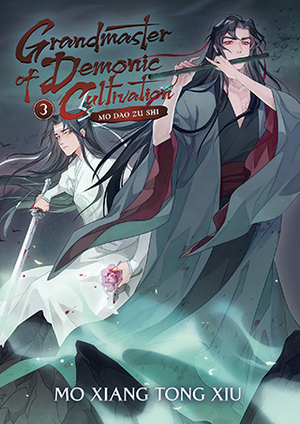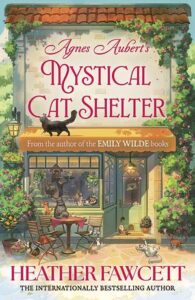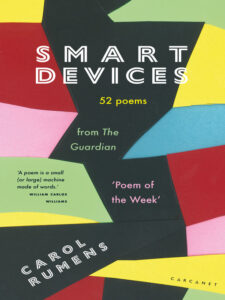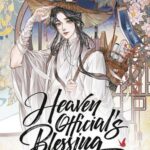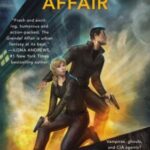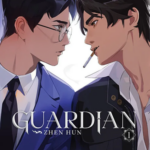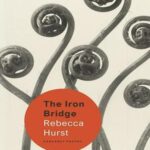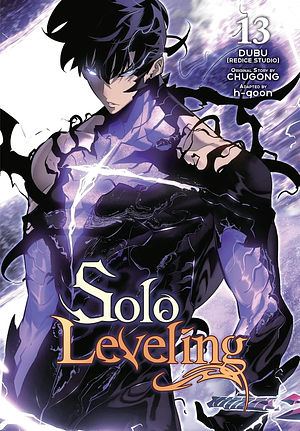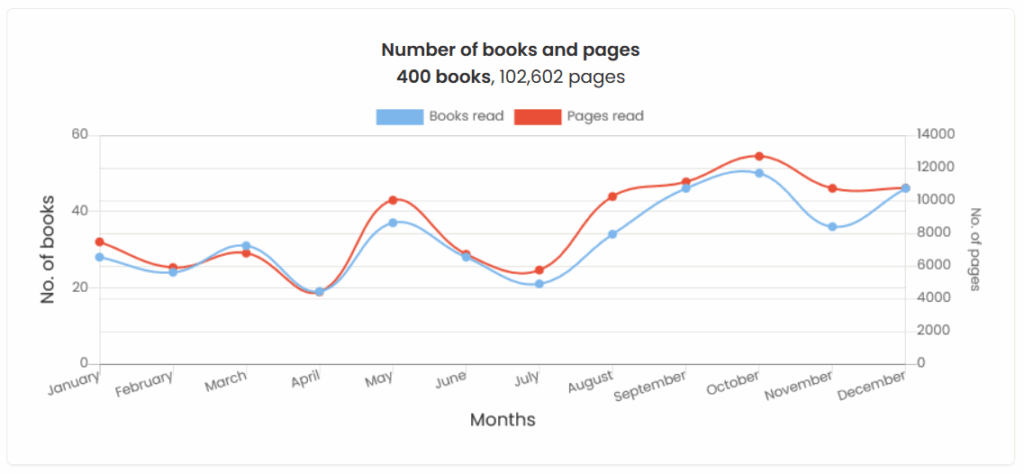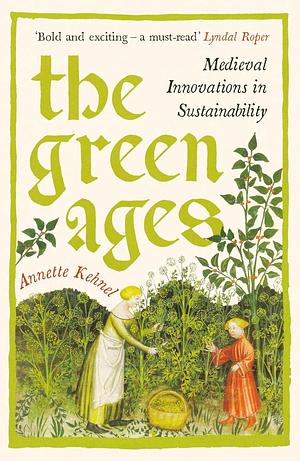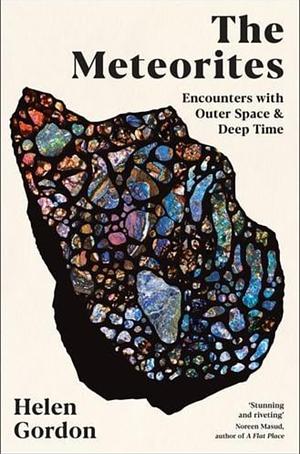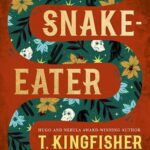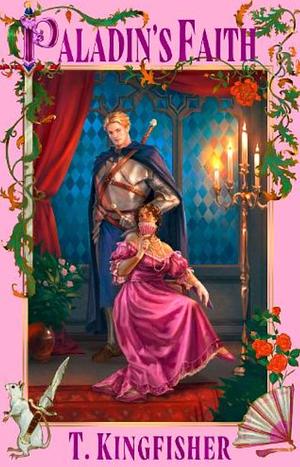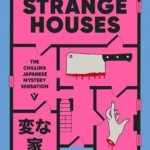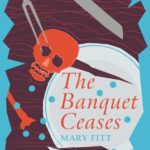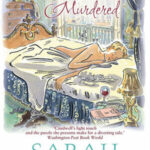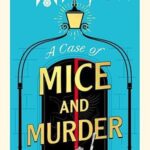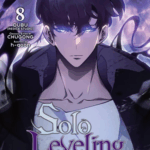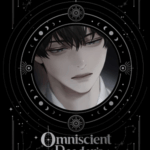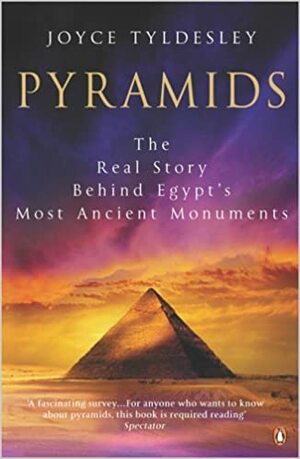
Pyramids
by Joyce Tyldesley
Genres: History, Non-fictionPages: 288
Rating:

Synopsis:From the development of monumental architecture around 3,000 BC to the fabulous edifices that rose up from the desert plains of Giza, Pyramids chronicles how and why Egypt's pharaohs built on so grand a scale. Joyce Tyldesley, writer, lecturer and broadcaster on Ancient Egypt, cuts away modern myth and prejudice to reveal the truth behind the conception, design and constructiion of these astonishing structures. By tracing Egypt's pyramid-building society back to its roots, Tyldesley not only shows how and why the Egyptians built pyramids, but how the pyramids helped to build Egypt itself.
Joyce Tyldesley’s Pyramids is a non-sensational deep-dive into the pyramids, how they were built (not in architectural detail, admittedly, but with some explanations of e.g. levelling them, how they used bedrock, etc), what they were built for, and basically everything we know about them and the sacred landscapes around them. There’s a bit of general Egyptian history as well to add context, but it’s mostly about the remains and what we can discover from them, and what they might have meant to the builders.
It’s pretty thorough, and though I could’ve wished for colour illustrations, there are some black and white illustrations and diagrams where it helps to illustrate the text (though the text isn’t organised to flow around them very well).
If you’re a huge fan of ancient Egyptians and the pyramids, this is worthwhile. I found it fascinating, and clearly-written, but it might be a bit dry if you don’t have a deep interest in the subject. It doesn’t really discuss any of the conspiracy theories except very briefly to dismiss them, except for digging a bit into the so-called Pyramid Inch.
Rating: 4/5 (“really liked it”)

